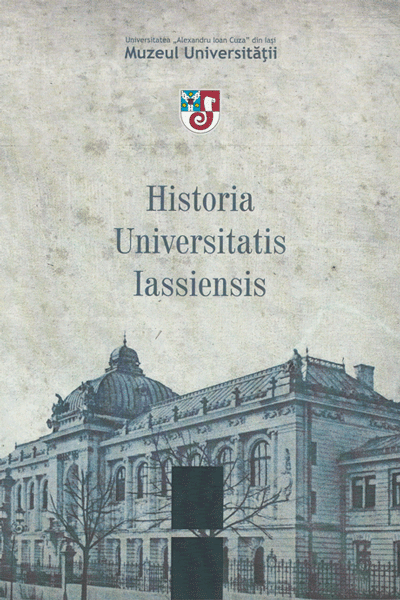Reforma învăţământului primar laic din partea românească şi cea ţaristă a Basarabiei, în anul 1864. Studiu comparativ
The reform of primary education in Bessarabia (1864). The comparative study
Author(s): Alexandru ArgintSubject(s): History, Diplomatic history, Social history, Modern Age, Special Historiographies:, 19th Century, Period(s) of Nation Building
Published by: Editura Universităţii »Alexandru Ioan Cuza« din Iaşi
Keywords: Reform; primary school; educational system; Bessarabia; Russian occupation; national consciousness;
Summary/Abstract: In the period of 1857-1878 Bessarabia, after the Paris Peace Treaty from 1856, knew two forms of administration: the Romanian one in those three southern Bessarabian districts: Cahul, Bolgrad and Ismail, and the Russian occupation in the rest of of the country. The primary education reform in Romania and the Russian Empire in 1864 created favorable conditions for the development of networks of primary schools in Bessarabia to be a positive impact on its social and cultural development. The establishment of new primary schools also fit the children belonging the native population in the educational process. Up to 1857 in three south Bessarabia counties, and from 1868 in Bessarabia which were under Russian administration, they had limited opportunities to provide to their young generations the necessary primary education. The national integration process of the southern Bessarabia Romanian had a special role for safekeeping of the Romanian character in the future. At the same time, the enclosing Romanian population from Bessarabia into the Russian educational system also determined the intensification of the Russification process of local population. These phenomena influenced Basarabians formation of the national consciousness, which is currently evident in Moldova, too.
Journal: Historia Universitatis Iassiensis
- Issue Year: 2014
- Issue No: 05
- Page Range: 47-62
- Page Count: 16
- Language: Romanian

